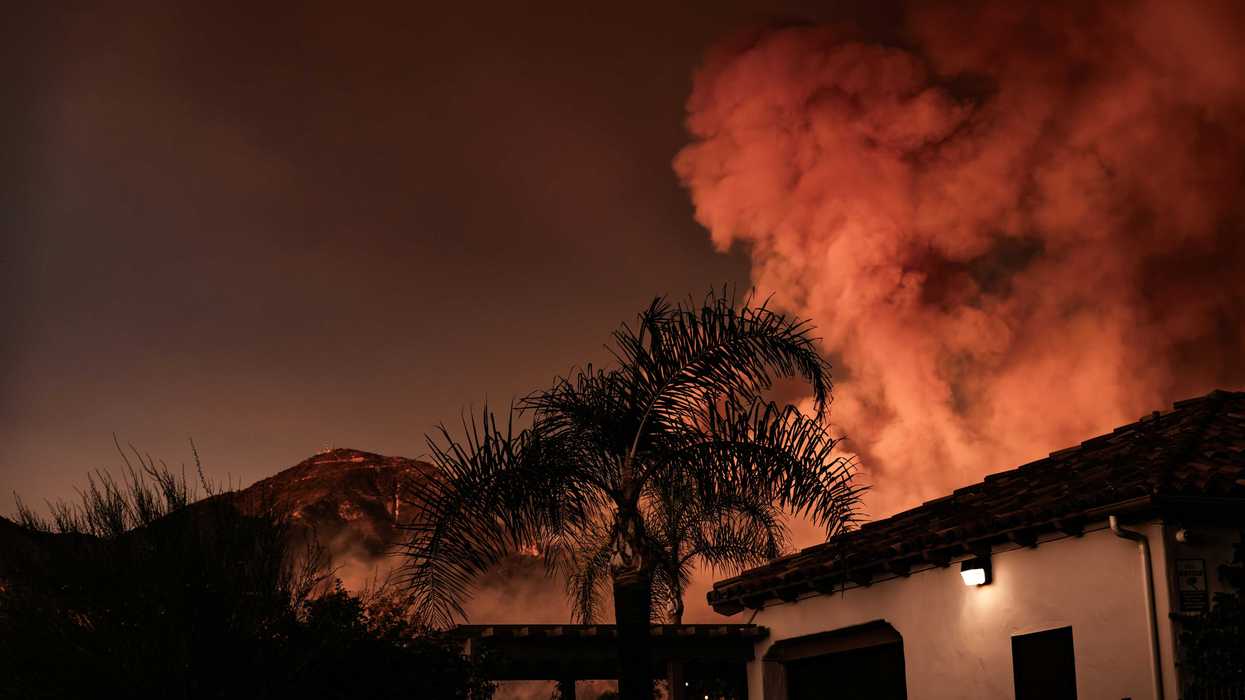A recent investigation uncovered the overlooked health risks and environmental consequences of using wood burning as a primary method for home heating in urban areas, challenging the perception of its safety and renewability.
Gary Fuller reports for The Guardian.
In short:
- Dr. Tom Smith's investigation reveals high levels of harmful air pollution from wood smoke in urban areas.
- Research shows significant health risks, including early deaths and increased cases of asthma, strokes and lung cancer.
- Studies indicate that wood burning for heating contributes significantly to urban air pollution, posing a major health risk.
Key quote:
"Exposure like this over long periods of time will aggravate the heart and lungs of anyone in the smoke plume. Children, asthmatics and pregnant women are particularly vulnerable.”
— Dr. Tom Smith, Wildfires Scientist
Why this matters:
Wood burning, often perceived as a benign heating source, is emerging as a significant urban health hazard. This issue intersects with broader environmental and public health concerns, highlighting the need for awareness. How do you think this information might change your approach to home heating or influence local policies?
Around the world, nearly three billion people rely on solid fuels (primarily wood, dung, crop residues, and charcoal) to meet cooking and heating needs.














